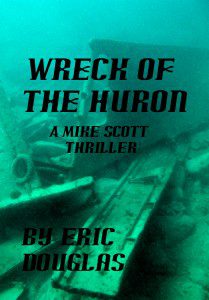Last night I saw a post on Facebook from Teresa, a high school classmate. She’s going back into the hospital for more radiation treatments and surgery on a brain tumor. From the sounds of it, this is something she’s been dealing with for several years now. When I read it, I immediately said a prayer for Teresa and her family. And her family is key to this. Every time she posts an update on her situation, she mentions her daughter and how difficult everything is for her.
Teresa is struggling with her own health. I’m sure she’s scared. But, she wasn’t complaining about her problems. She was just letting people what was happening. In yesterday’s post, she asked for prayers for her health and then said “I will pray, too that I can just be a mom and raise my sweet daughter!” She just wants to be healthy so her daughter won’t worry any more. As parents, we try to shelter our children from the bad things in life. But there’s no way to shelter your child from something like that. And you know that has to be hard on both of them.
In general, I’m an optimistic person and I get very frustrated when I hear people complain. People all around just seem so angry all the time. They complain, they criticize and they argue. And it seems to be getting worse. Earlier in the day, I heard an announcement that a professional wrestling show was coming to town. My first thought was that we have become a culture of professional wrestling. We act as if it’s normal to be angry; to yell and scream at each other, to take cheap shots and hit people with chairs.
And then I see someone like Teresa who’s going through some very bad times, but she isn’t complaining. I’m sure she gets down and complains from time to time, but that doesn’t seem to be how she lives her life. She’s just trying to do the best she can and do everything she can to get healthy.
I know nothing in my life is even remotely as stressful as what Teresa is dealing with. So, I’m choosing her as my inspiration. If she can keep working, trying and pushing forward while she deals with a brain tumor, I have no reason to complain about anything.
I will keep Teresa and her family in my prayers. And I will be thankful for everything I have.
I hope you do the same.
UPDATE: I just saw a few minutes ago that Teresa passed away this morning, April 23, 2013. My prayers go out for Teresa and her family. The following is a link to Teresa’s Caringbridge for her friends and family..




